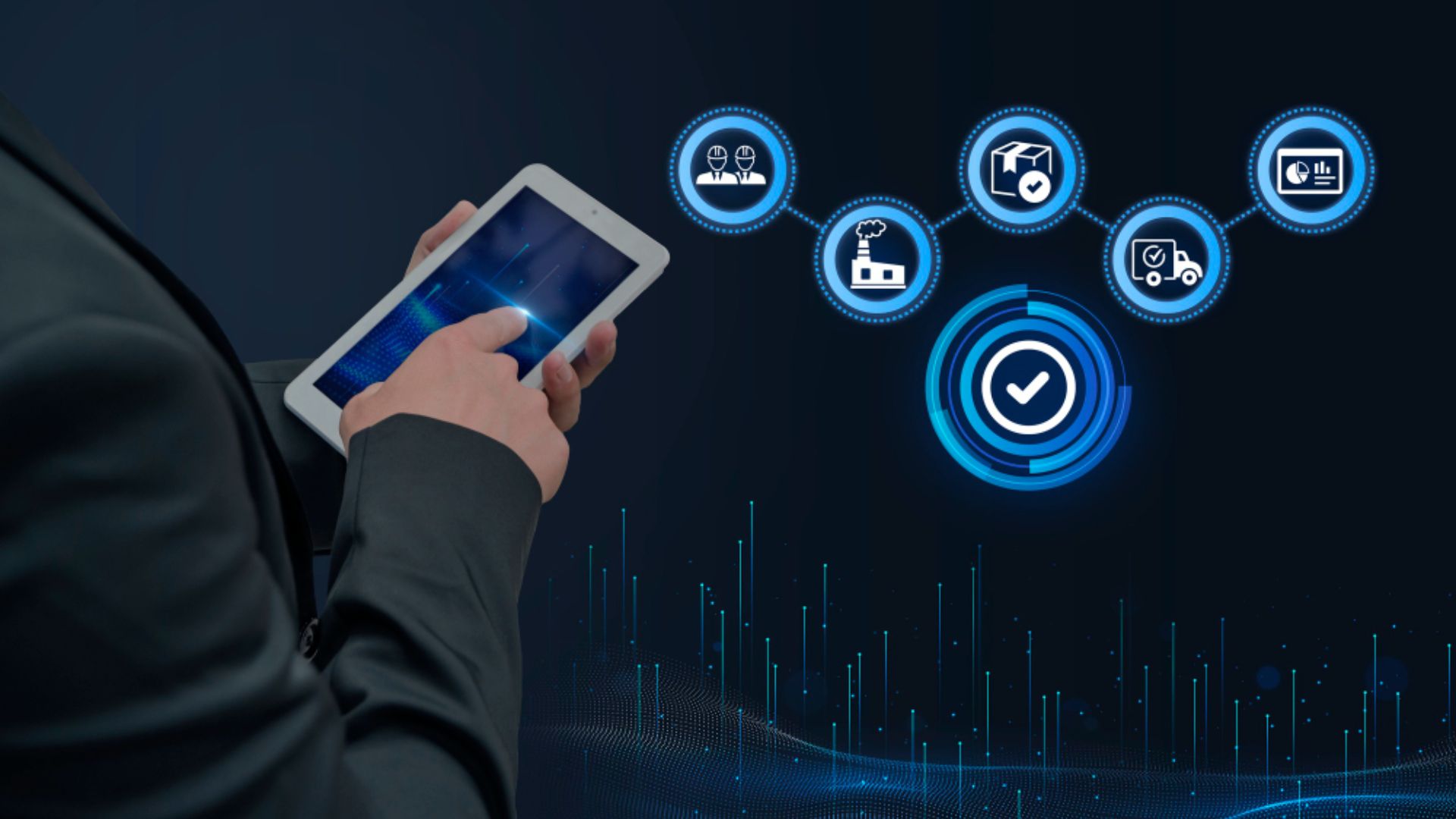Artificial Intelligence (AI) is no longer just a buzzword in the tech world — it’s a game-changer that’s redefining how Android apps are designed, developed, and experienced. In recent years, the Android ecosystem has evolved from static, rule-based systems into dynamic, intelligent platforms that can learn, adapt, and predict what users want before they even ask.
From voice assistants and smart search features to personalized recommendations and instant translations, AI now powers almost every layer of the Android experience. This shift is making app development faster, smarter, and more user-focused than ever before.
Smarter Development: The Power of Intelligent Tools
One of the biggest ways AI has transformed Android app development is through automation and intelligent assistance. Developers now use AI-powered tools that can write boilerplate code, identify bugs, and suggest design improvements long before an app is launched. This streamlines the development cycle and minimizes human errors.
Machine learning frameworks like TensorFlow Lite and PyTorch Mobile have made it easier to embed AI models directly into apps. This allows apps to analyze data locally, improving performance and maintaining user privacy.
For example, a fitness app can automatically adjust workout plans based on a user’s daily activity, or an online store can personalize product recommendations using real-time behavioral data.
Enhancing User Experience Through Conversational AI
Conversational AI has become a cornerstone of modern Android app design. With Natural Language Processing (NLP) and speech recognition, users can now interact with apps naturally — by chatting or speaking.
Solutions such as a Custom AI Chatbot can be integrated directly into Android applications to handle user questions, assist with onboarding, or provide real-time customer support. These chatbots continuously learn from interactions, offering proactive and personalized assistance without human intervention.
For businesses, this means faster response times, reduced customer support costs, and higher satisfaction rates. For users, it means a smoother, more engaging experience that feels intuitive and responsive.
AI-Driven Personalization: The Heart of Modern Apps
Today’s users expect more than basic functionality — they expect apps to understand them. AI makes this possible through predictive analytics, neural networks, and continuous feedback loops that allow apps to adapt to individual preferences and habits.
Think of how Spotify knows what song you’ll like next or how Netflix curates shows based on your viewing history. This same technology is now driving personalization in Android apps across industries like fitness, finance, and education.
AI analyzes user behavior, context, and even environmental factors like time and location to deliver relevant and meaningful experiences. This kind of personalization builds emotional connection, which increases engagement and long-term loyalty.
Revolutionizing Testing and Quality Assurance
AI is also changing how apps are tested and maintained. Instead of relying solely on manual testing, developers now use AI-driven frameworks that simulate user behavior across thousands of devices and operating systems.
These systems automatically identify crashes, UI problems, and performance issues before they reach users. They can even prioritize bugs based on severity and user impact, helping teams focus on what truly matters.
By automating repetitive QA tasks, AI allows developers to spend more time innovating and improving the user experience. The result is faster releases and more reliable Android apps.
Security Reinvented: Smarter Threat Detection
As mobile apps become more connected, cybersecurity has become a top priority. AI is now at the forefront of detecting threats and preventing data breaches in Android systems.
Machine learning algorithms continuously monitor user activity, identifying unusual patterns such as unauthorized logins or suspicious transactions. These models can respond in real time, automatically blocking potential threats before they cause damage.
Unlike traditional security measures, AI systems learn and evolve with every new threat, offering proactive and adaptive protection without constant manual oversight.
The Future: AI as a Development Partner
In the coming years, AI won’t just assist developers — it will collaborate with them. With advancements in generative AI, developers can describe an app’s goals or features in plain language, and AI tools will generate prototypes or even complete applications.
This evolution will shift the developer’s role from coding to creativity. Instead of writing syntax, developers will focus on crafting meaningful user experiences, strategic features, and innovative solutions while AI handles the technical heavy lifting.
Imagine building an app where AI automatically designs the layout, optimizes usability, and adjusts user flows based on behavior — this future is already beginning to take shape.
Where Creativity Meets Intelligence
AI isn’t just revolutionizing software — it’s inspiring creativity across industries. The blend of intelligent technology and artistic design is leading to richer, more human-centered experiences.
Platforms like Yaninagames highlight how AI can enhance creativity, combining storytelling, design, and technology into interactive experiences that both entertain and inspire.
For developers, the takeaway is clear: the future of Android development lies in combining human creativity with machine intelligence. The best apps will not only function flawlessly but will also connect emotionally with users and evolve continuously over time.
Final Thoughts
AI integration has fundamentally transformed Android app development from a manual, code-based process into an intelligent and adaptive ecosystem. From Custom AI Chatbots that boost engagement to predictive analytics that deliver personalized experiences, AI is redefining how users interact with technology.
The outcome is clear: smarter products, faster innovation, and a stronger connection between human needs and digital solutions. As AI continues to evolve, it will shape a new era where Android apps are not just tools — but intelligent companions that learn, adapt, and grow alongside their users.








